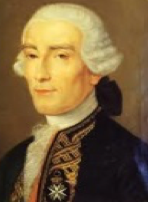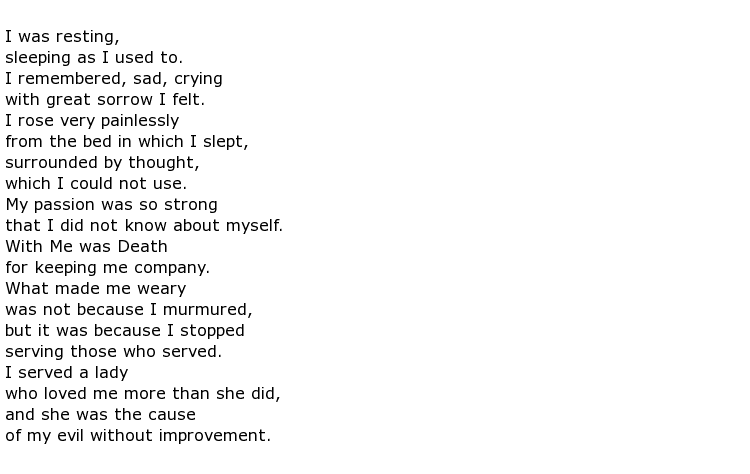 Juan del Encina was a Spanish poet, playwright and musical composer whose name is also sometimes recorded as Juan del Enzina. He holds the prestigious honour of being one of the founders of Spanish drama, along with a Portuguese troubadour and writer named Gil Vicente.
Juan del Encina was a Spanish poet, playwright and musical composer whose name is also sometimes recorded as Juan del Enzina. He holds the prestigious honour of being one of the founders of Spanish drama, along with a Portuguese troubadour and writer named Gil Vicente.
He was born Juan de Fermoselle on the 12th July 1468 somewhere near the north western city of Salamanca. His father was a shoemaker and Juan was one of at least seven children born to this man who was known as a “Jewish converso”, one who converted to Roman Catholicism. He had a decent education, culminating with studies at Salamanca University. Following this it is believed that he took a position as a government official, a “Corregidor”, before being appointed to the personal staff of the Duke of Alba, possibly in 1495.
He had both literary and musical talent and his first dramatic piece, Triunfo de la fama, was an account of the fall of the city of Granada and he followed that with Cancionero, a book of poems that were described as both lyrical and dramatic. He also had ambitions to become the cantor at Salamanca Cathedral but he had to make do with sharing this post with two others. This did not suit his desires though and, in 1500, he moved to Rome for a short time where he was a well-regarded musician and composer in a number of high profile positions.
Encina’s poetry is often described as being based on “pastoral eclogues”, for example the Égloga de Fileno which is one of his pieces dedicated to the lives of shepherds. He also wrote about unrequited love affairs and one piece of work that belongs to this genre would be a poem called Romance and the opening lines of this piece are translated here:

He certainly had itchy feet and didn’t seem to remain in one place for too long. He left Rome to move back to Spain, this time taking up an Archdeacon appointment at Malaga Cathedral in 1508, courtesy of Pope Julius II. Other ecclesiastical appointments included the priorship of Leon Cathedral and he also made a pilgrimage to Jerusalem in 1519. An account of this important trip can be found in

Besides his pastoral work Encina also wrote a great deal of poetry and music that appeared to be dedicated to, and in honour of, royal personages. This seems odd because he was never granted royal chapel or court status. Much of his time was spent serving the Catholic church where he was ordained as a priest. He composed many musical pieces to be sung in cathedrals but it appears that none of these survive to this day.
Literary historians will say that the work of Encina is, most certainly historically important, and he was a lyric poet capable of producing poems that have been described as

Juan del Encina fell ill and died sometime during late 1529 or early 1530, which would have made him around 61 years old. His final wishes were granted when his remains were interred in Salamanca Cathedral, beneath the choir.

